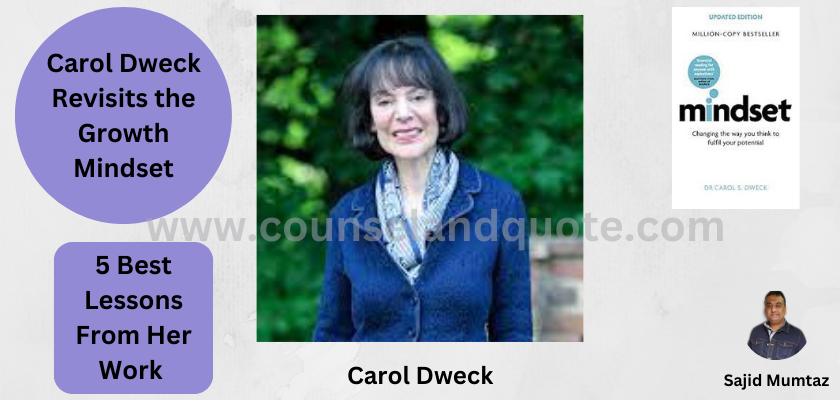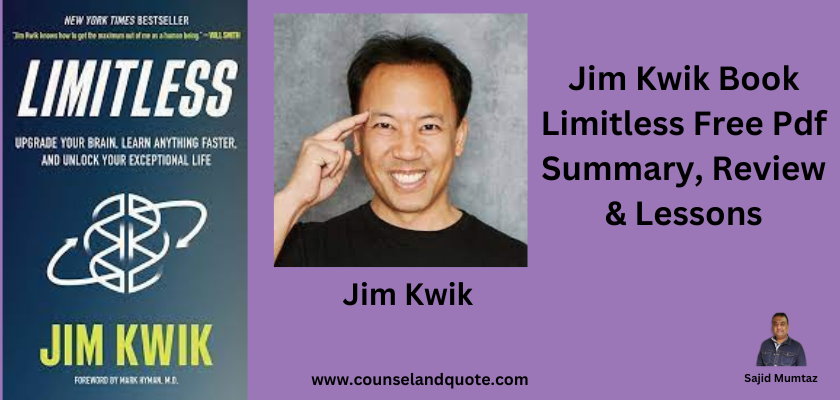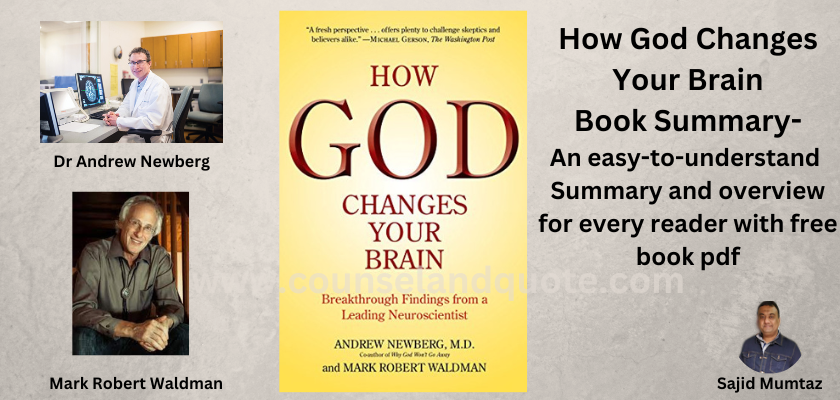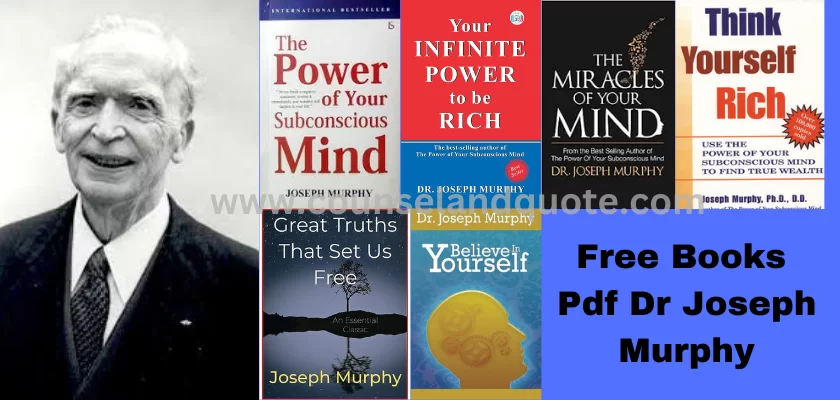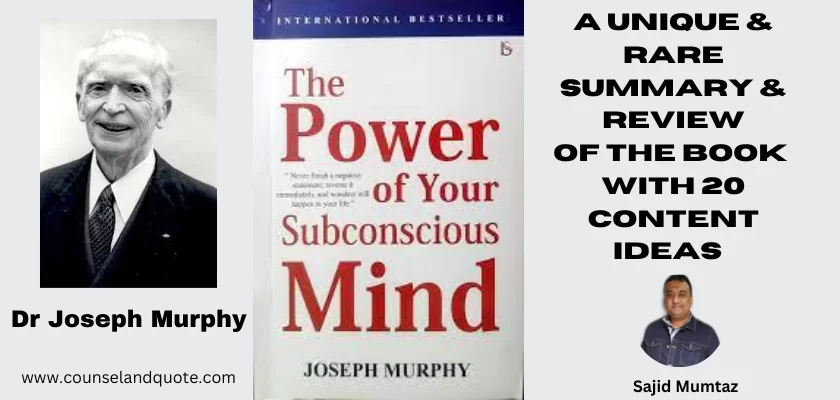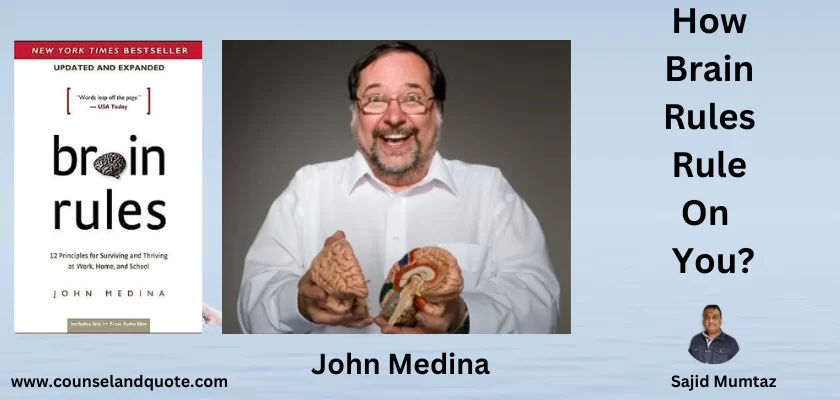Carol Dweck Revisits the Growth Mindset.
Carol S. Dweck is a prominent psychologist and professor. She has been associated with Stanford University for many years.
She was born on October 17, 1946, in New York City, USA.
Carol Dweck is best known for her work on “Mindsets.”
She has written a world-famous book, “Mindset: The New Psychology of Success.”
This article is influenced by ‘Carol Dweck revisits the growth mindset’ research work.
She published this work on “Education Week in September 2015.”
This research further elaborates a few important points from her work on growth mindset which she had written in her book, “Mindset: The New Psychology of Success.”
This analysis is extremely useful for students, teachers, professionals and parents.
[Also Read: Jim Kwik Limitless Book Summary, Lessons & Free Book PDF]
Download The Book Mindset: The New Psychology of Success PDF Free by Carol S. Dweck
Download The Book Mindset: The New Psychology of Success PDF Free by Carol S. Dweck
Carol wrote this book in 2006.
The topic of the book is about the concept of mindsets. She has described in her book two types of mindsets. A. What is a Fixed Mindset and B. What is a Growth Mindset.
She has elaborated in this book, how your perception about your abilities decides the future.
She has elaborated in this book, how your perception about your abilities decides the future.
She writes in the book that your success or failure is dramatically influenced by how you think about your talents and abilities.

Mindset: The New Psychology of Success PDF free, get here. Click the download button and download the complete updated edition.
| Book Name | Mindset: The New Psychology of Success |
| Author | Carol S. Dweck |
| Language | English |
| Publication | Random House Publishing Group |
| Pages | 330 pages |
| Book Link | Get on Amazon |
It is an excellent book to read and apply in our lives.
What is a Fixed Mindset by Carol Dweck?
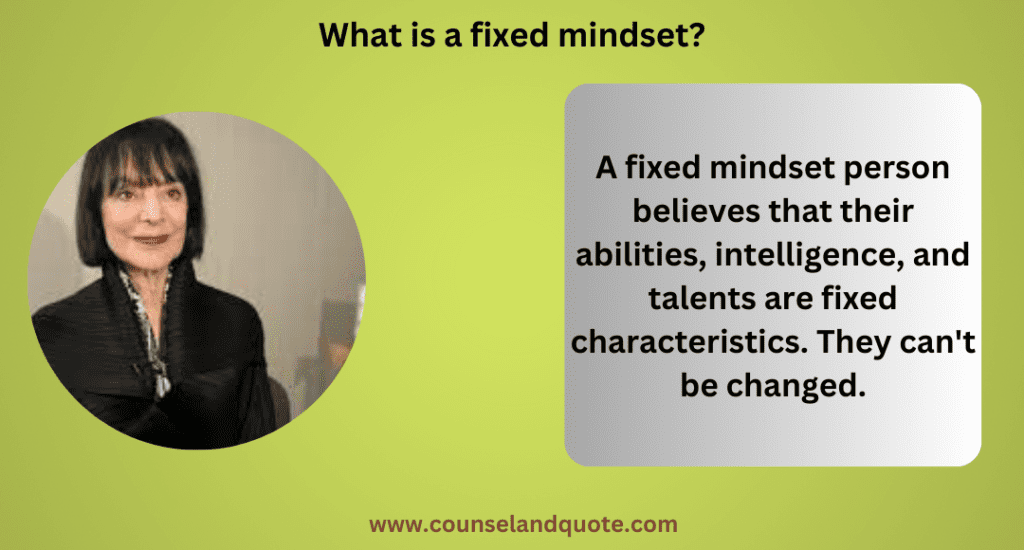
We all want to know what is a fixed mindset.
A fixed mindset person believes that their abilities, intelligence, and talents are fixed characteristics. They can’t be changed.
A fixed mindset makes you limited. It leads you to fear of failure in your attempts. You are low in confidence and underestimate your potential.
You don’t think big. You compare yourself to others and seek validation. Facing challenges, you quit the stage.
What is a Growth Mindset by Carol Dweck?
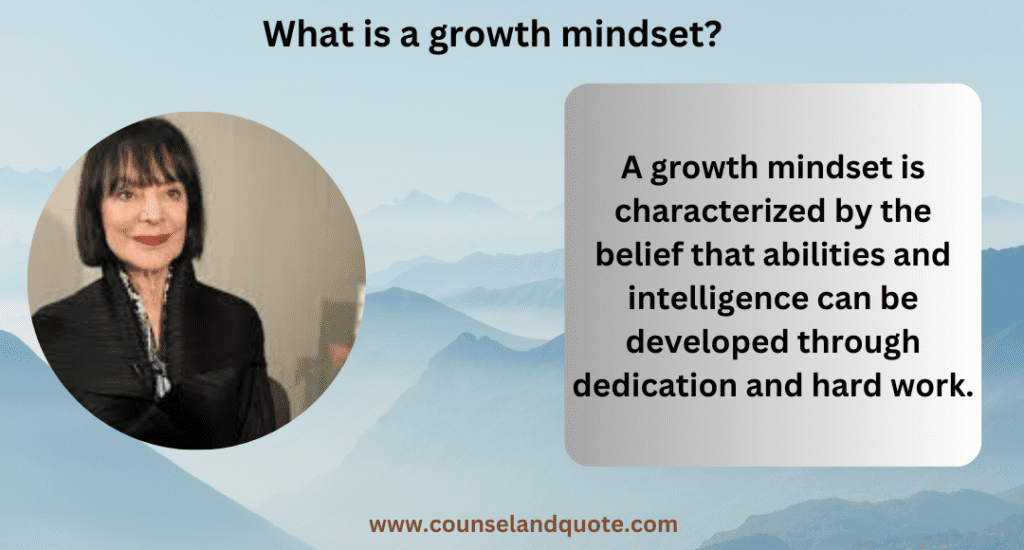
It is not difficult to know, what is a growth mindset.
A growth mindset is characterized by the belief that abilities and intelligence can be developed through dedication and hard work.
When you have a growth mindset, you have a positive attitude. You view challenges and problems as opportunities. You grow with them. Setbacks don’t unsettle you, they give you new ways of winning.
Nothing is impossible for you. You are determined and dedicated. You grow with a growth mindset.
[Also Read: How God Changes Your Brain Book Summary & Free PDF]
5 Lessons from the “Carol Dweck Revisits the Growth Mindset” Work
There are 5 prominent lessons derived from it.
Carol Dweck revisits the growth mindset and studies it from a student’s perspective.
Carol Dweck mentioned about his work in a writeup published in “Education Week.”
How does a student perceive his/her mindset? How does it affect his level of motivation and achievement?
The sole purpose of this study is to boost a student’s mindset and improve their accomplishments.
The benchmark is to achieve a growth mindset. A growth mindset outperforms a fixed mindset in every aspect.

These 5 lessons are extremely important to understand for parents, teachers, students, guardians and professionals.
Lesson 1- Our ‘Approach to effort’ is more important than ‘Effort’ itself
Carol Dweck says we praise students’ efforts when we say, “Well done,” “Well tried” or “You tried your best.” There is nothing wrong in praising their efforts but that must never come at the expense of learning.
She says a growth mindset is not all about effort. When a student is stuck somewhere, they must look for new strategies and new references to learn and improve and not totally depend on their efforts.
They need different approaches to accomplish any result and not sheer effort.
It is good that students try. It is a symbol of a growth mindset. But when they are stuck somewhere, teachers must say “Well done, well try.” Now think of the next step.
“Let’s talk about what you’ve tried, and what you can try next.”
It expands a student’s mind further. They don’t only rely on efforts but also think of various approaches to efforts.
The growth mindset was intended to help close achievement gaps, not hide them, says Carol.
She says teachers’ or parents’ main objective is not to make their students feel good even though they are not learning. Their main objective is to plug achievement gaps and not hide them.
When you say “Everyone is smart” or things like that then you undermine the learning process. It is not the correct approach for teaching.
Praise a student’s current achievement and help them become smarter by telling them what they can do next.
[Also Read: 6 Best Books on Mindset by Dr Joseph Murphy & Free 6 Books PDFs]
Lesson 2- ‘False growth mindset’ is evasive
Carol Dweck says a ‘false growth mindset’ is also a problem with many teachers.
As is the case, a growth mindset is valuable and it is important for the best results in our professional and personal lives, We try to project ourselves as people with a growth mindset.
A ‘false growth mindset’ has fixed ideas and notions regarding intelligence, learning, improvement and progress.
They say all positive things but practise all negative things.
It says to students you can do better without any proper guidance.
- A false growth mindset avoids challenges and lives in their comfort zone.
- A false growth mindset quits at the time of challenges.
- A false growth mindset looks at others for validation and acceptance.
- A false growth mindset thinks of themselves as inadequate in others’ presence.
- A false growth mindset thinks that personality traits can’t be changed.
If a teacher has this kind of mindset, they can’t help their students develop properly.
[Also Read: The Power of Your Subconscious Mind Book Summary & Free Book PDF]
Lesson 3- We all are a mixture of a ‘Fixed mindset’ and ‘Growth mindset’
Carol Dweck says we all are a combination of a fixed mindset and a growth mindset. There is nothing wrong with it. We all have our experiences and beliefs.
She says that the problem arises when we have a fixed mindset in areas where we require a growth mindset.
Teachers and parents must not superimpose their fears and negative beliefs onto their students and children.
Children have tender minds and they emulate their parents and teachers.
It is our responsibility as a parent and teachers to check and improve our mindsets.
We have not to “Ban” a fixed mindset but to develop a growth mindset.
[Also Read: What Carl Dweck Writes About Growth Mindset in Harvard Business Review]
Lesson 4- Mind your ‘Triggers’ to change your mindset
Carol Wreck says that if you have to understand your true mindset and want to work on them then you have to listen to your triggers.
Your triggers are the signals which come to your mind from time to time.
Carol says “Watch for a fixed-mindset reaction when you face challenges. Do you feel overly anxious, or does a voice in your head warn you away? Watch for it when you face a setback in your teaching, or when students aren’t listening or learning. Do you feel incompetent or defeated? Do you look for an excuse? Watch to see whether criticism brings out your fixed mindset. Do you become defensive, angry, or crushed instead of interested in learning from the feedback? Watch what happens when you see an educator who’s better than you at something you value. Do you feel envious and threatened, or do you feel eager to learn? Accept those thoughts and feelings and work with and through them. And keep working with and through them.”
Keep on working on yourself. You will become better. You will become your best version.
[Also Read: The 12 Brain Rules Book Summary & Free Book PDF]
Lesson 5- The path to a ‘Growth mindset is a journey, not a ‘Proclamation’
The last lesson from this research work is that a growth mindset is reflected in your actions and behaviours.
It helps your results and consequences.
It affects your decisions.
A growth mindset is not a thing to proclaim and declare. It is a thing to live and adhere to.
When you have a growth mindset, it shows in your overall performance.
The growth mindset is not something someone says, it is something someone does.
Click the button to get the book PDF. It is an unabridged and latest version.
Conclusion
In this research work, ‘Carol Dweck Revisits the Growth Mindset.’ She touches on topics such as what is a fixed mindset and what is a growth mindset.
The 5 lessons we have distilled from her work. These are exceptionally useful for students, teachers and parents and we are one of them. That is why it is our story.
Carol’s work helps every teacher and student to understand better and prepare for the future.
Please share these teachings with everyone. It can help them immensely. Your little support can improve someone’s life.
May God Bless You. Amen.
Thank You.
